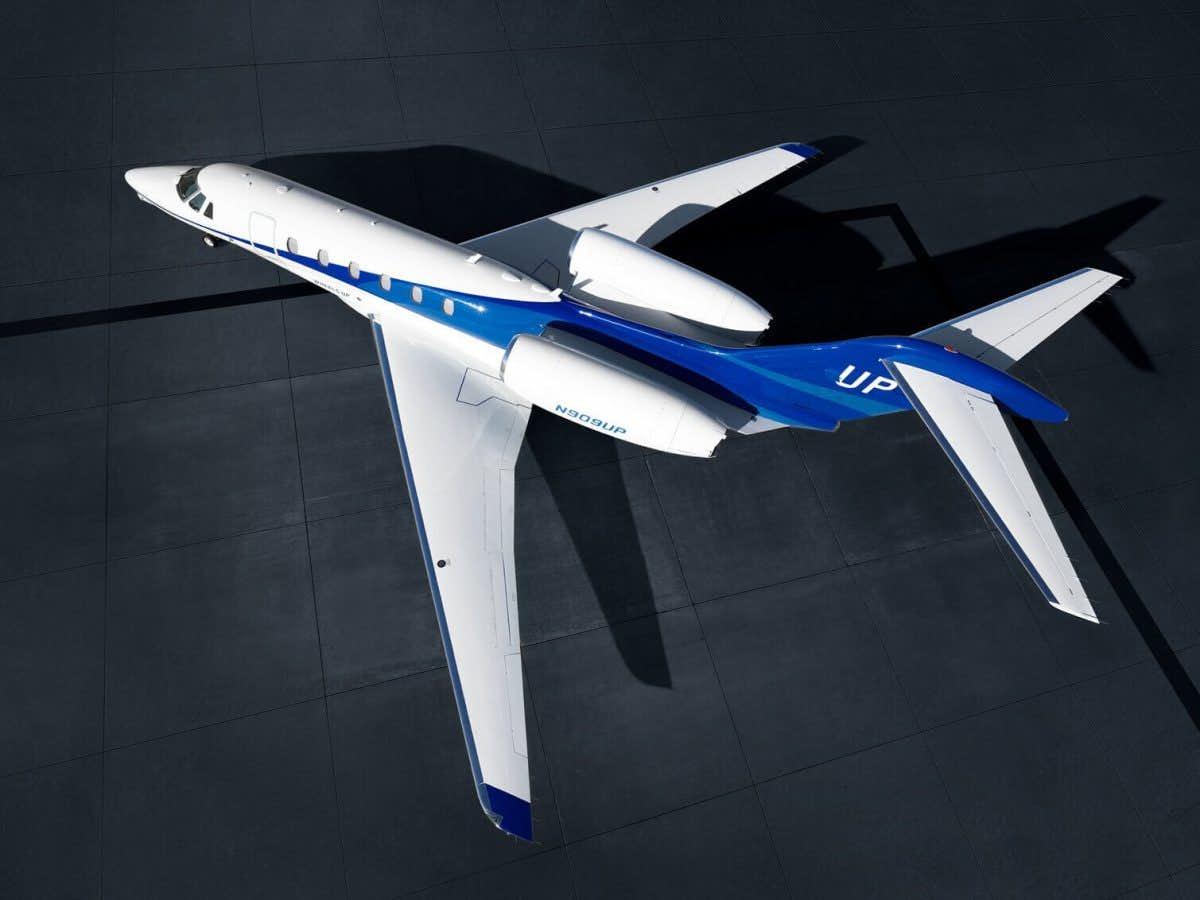
Wheels Up announced a series of program changes today, including price increases. The news came in emails sent to members of the leading private jet provider.
It’s good news if you take long flights, less so if you fly to Los Cabos, secondary airports in Canada, or a few high-density airports.
As has been the case with similar announcements in November 2021 and again in early May, members and new joiners will have until the end of the month to lock in current pricing and policies.
If you join or deposit additional monies before Dec. 1, 2022, you can lock in current pricing for 12 to 24 months, based on how much you fund your account.
For example, a $100,000 deposit yields a 12-month rate lock, while $400,000 locks your hourly capped rates for 24 months.
So, yes, if you join or add funds beginning Dec. 1, rates are increasing.
The good news is with the hikes, Wheels Up hourly rates are still generally in line with the industry, based on our Q3 analysis of jet card pricing.
Of course, the average jet card hourly rate is up 33% since December 2020, when the FET exemption under the CARES act expired.
On King Airs, rates will go up $100 to $200 per hour, based on the deposit level.
Light jet hourly rates increase by $300 across the board.
Midsize jet hourly rates increase by $300 to $400 per hour, while super midsize hourly rates are up $500 to $580 per hour, again based on funding level.
Large cabin rates increase between $1,000 and $1,100 per hour.
Below, you can see the new rates, excluding the carbon offset charge, fuel surcharge, and 7.5% Federal Excise Tax.
| Aircraft Category | Pay-as-you-go | Core 100 | Core 200 | Core 400 |
| King Air 350i | $ 5,495 | $ 5,395 | $ 5,295 | $ 5,295 |
| Light Jet | $ 7,295 | $ 7,295 | $ 7,095 | $ 7,095 |
| Midsize jet | $ 8,595 | $ 8,595 | $ 8,395 | $ 8,395 |
| Super Midsize Jet | $ 9,795 | $ 9,795 | $ 9,795 | $ 9,495 |
| Large Cabon Jet | $13,995 | $ 13,955 | $ 13,995 | $13,695 |
Wheels Up is keeping its significant long-flight discounts for super-midsize flights of 3.5 hours or more within the Continental U.S., something most other programs have eliminated.
It’s also reducing the lead time for booking the discounted rates from seven to five days.
This is effective for all members for flights beginning in 2023.
The peak days for pay-as-you-go members drop to 65 days from the current 90 days.
Wheels Up is also eliminating the few remaining variances for flights that begin or end in designated western states, which simplifies the program.
That means light jets in the west see daily minimums fall to 1.7 hours from 2 hours if you deposit at least $200,000.
Callouts and cancelation windows are now also either 48 hours or 72 hours non-peak, again based on deposit level, except for large cabins, where it’s 72 hours across the board.
Wheels Up is dropping Los Cabos from its capped one-way pricing. That said, it previously only offered the capped rates on turboprops and midsize aircraft.
It is also reducing its capped pricing to just six airports in Canada: Toronto Pearson, Toronto Billy Bishop, Montreal Trudeau, Windsor, Ottawa, and Vancouver.
There are no changes to capped pricing for the Bahamas, which remains in place for destinations within 200 nautical miles of the U.S. coastline.
While Wheels Up will still fly members to these destinations, it will now be uncapped pricing, so essentially like calling a broker for on-demand quotes.
Lastly, there are high-density airport charges for flights to ATL, EWR, LGA, JFK, and ORD.
None of the above is outside what other programs have been doing; however, it increases the likelihood that Wheels Up members will join a second program that offers guaranteed pricing for those international flights.
A Wheels Up spokesperson declined to comment on the changes to the primary service area. However, other companies have attributed similar moves to issues with having airplanes fixed promptly when there are mechanicals in Mexico, the Caribbean, and secondary airports.
Pay-as-you-go members will see non-peak departure flex time increase from +/- 90 minutes to 120 minutes.
If you deposit $100,000, you will have a non-peak flex of +/- 60 minutes. Previously, there wasn’t any.
For deposits of $200,000 or more, there is no non-peak flex.
Lastly, the peak day surcharge goes to 20% from 15% if you deposit at least $200,000. Lower levels are dynamic pricing on peak days.
Wheels Up still offers a best-in-class number of peak days at $200,000, just 20 days. At $400,000, it goes from 10 peak days to 20 days, still good.
In our Q3 analysis, the average number of peak days across all guaranteed availability and fixed/capped rate programs was 53.7 days. That’s up from 22 days before Covid.
It would be easy to say these changes are a bit of a snooze. However, that’s never the case when they impact you.
The net could be Wheels Up is positioned to pick up displaced flyers who take longer flights in the Continental U.S., particularly now that its callout for the discounts is down to 120 hours.
They stand to lose trips from members who fly to international destinations where they no longer offer capped rates.
Fewer peak days for pay-as-you-go members stand to make its program more attractive to those of you who don’t want to fund accounts.
As usual, the devil is in the details with jet card programs.